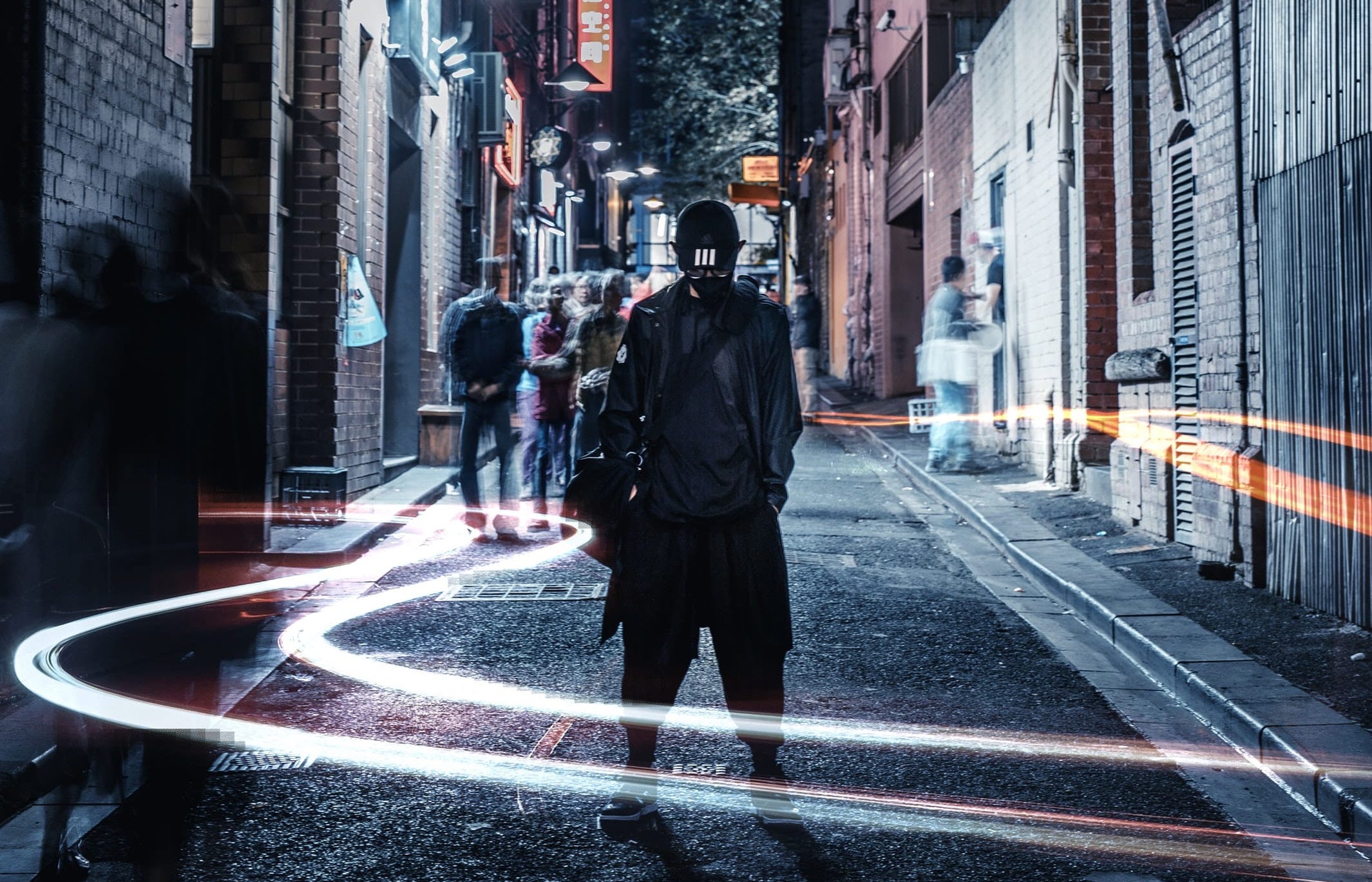It’s not uncommon for large corporations like Alphabet or Microsoft to hold a sizable investment portfolio – we’re talking $1B+ of stock in other companies. However, when two behemoths invest in the same company, especially when that company is less than two years old, then everyone needs to realize that company’s potential.
This is the reality for a company called Wiliot, who just secured a $30 million round with investments coming from both Amazon and Samsung. What’s so impressive about Wiliot?
Wiliot has developed a paper-thin bluetooth chip that operates entirely without a battery – harvesting its energy from the ambient radio frequencies around us, such as Wi-Fi, Bluetooth, and cellular signals. It’s like a gas station that fills your gas tank as you drive by
Wiliot says that the size of the Bluetooth chip, combined with the lack of any battery, means it can be produced cheaply and mounted on almost anything. For example, it could be embedded in consumer products to provide easy access to a digital manual when the original paper version is long lost, or it could be put on a clothing label and used to communicate the optimal settings to a washing machine.
Jon Porter, The Verge
Battery-free bluetooth is going to increase tenfold the number of objects connected to the Internet around us.
Theoretically, this is a simpler way to make a “dumb store” smart. Take your local grocery store, for example. Their understanding of how customers flow throughout their space is very rudimentary and subjective. If these bluetooth chips were embedded in all the shelves underneath where each product lies on the shelf and also in a customer’s shopping cart, then you can unlock all types of customer analytics about the products people are buying and at which point in the shopping experience they are buying them.
The only limiting factor here is that the bluetooth sensor must be in range of a hub of some sort to send this data to. That hub could come in a variety of forms – the smartphone being the most accessible of them all. However, there’s a lot of privacy concerns and consumer approvals needed. In the grocery store example above, the shopping cart would be a possible position for the hub.
BestFit got this concept right a few years ago with their iBeacon technology which they deployed at Verizon stores. In the context of a Verizon store, they deploy sensors throughout their store which recognize when a customer enters (by recognizing the Verizon app on their phone) and automatically adds them to the queue to be helped. Other sensors near device kiosks might recognize that a customer is gravitating toward the latest iPhone, which the Verizon clerk would be informed of and they might see if the customer is ready for an upgrade.
Battery-free bluetooth is a truly an innovative concept and I’m excited to see where the use cases are deployed. Then again, the fact that they are already on Amazon’s radar means there’s a very good chance they (or some other massive company) might just buy the company outright and take the technology off the market from competitors.
